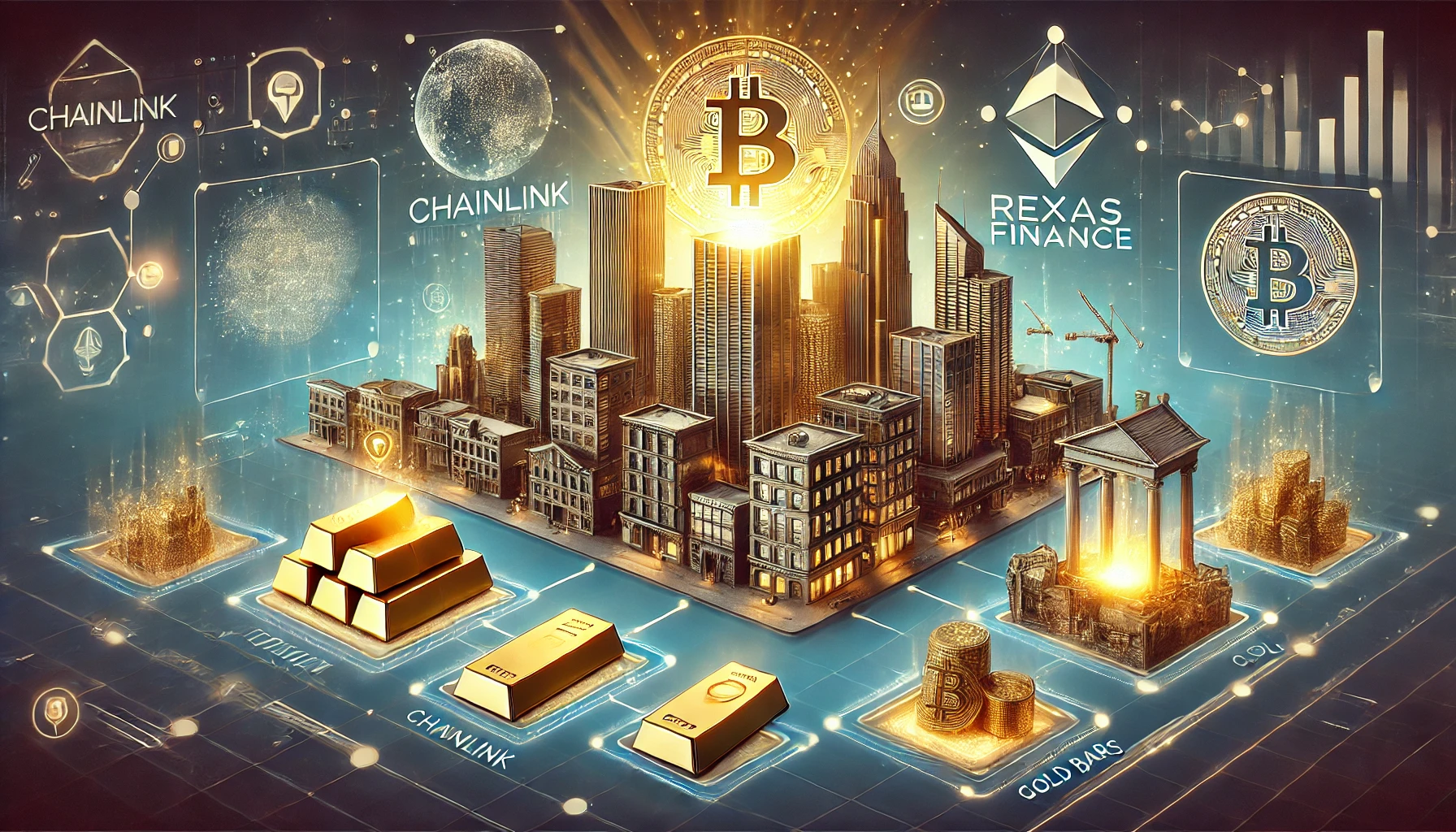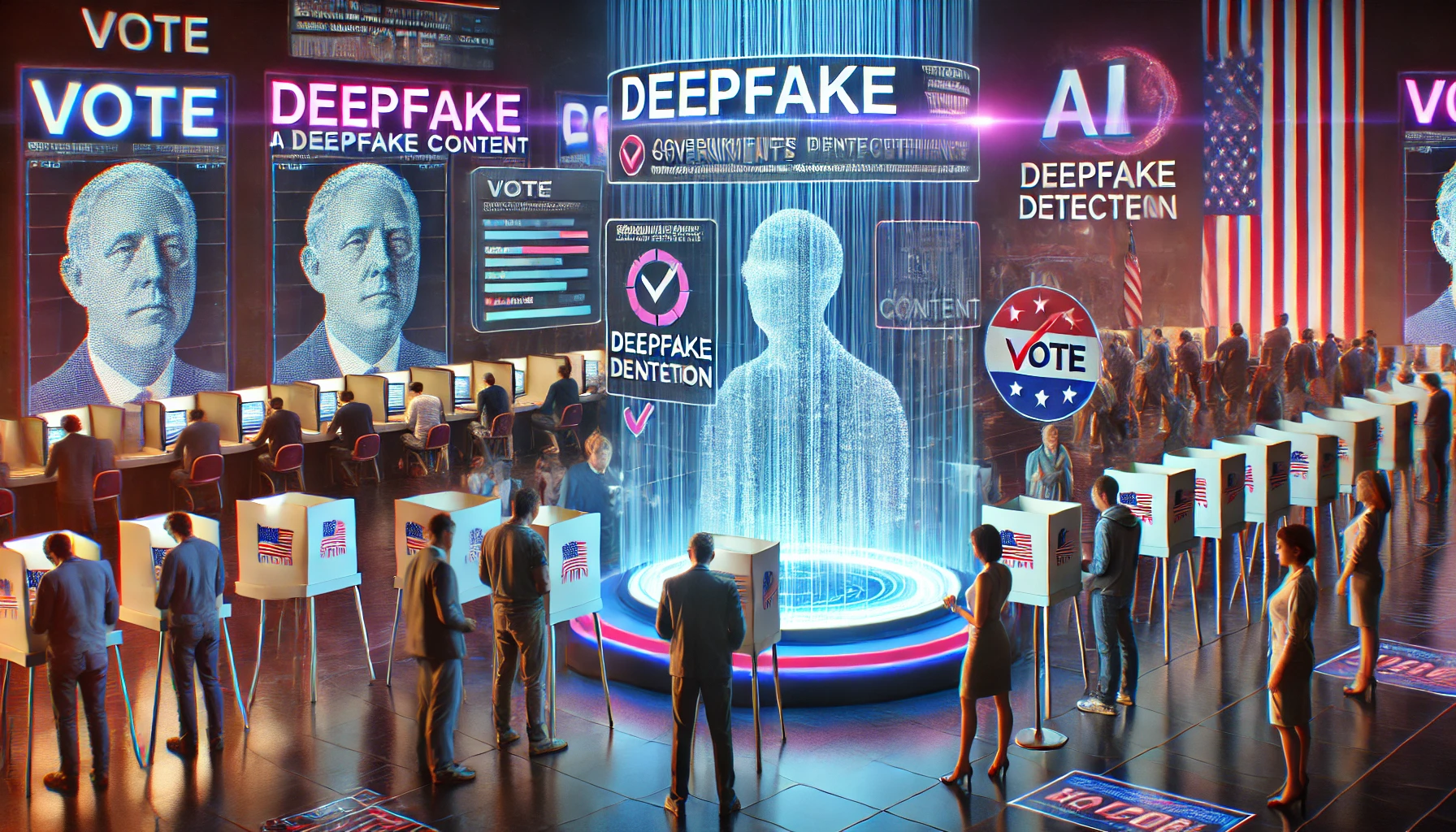Introduction
The integration of blockchain technology with real-world assets (RWA) is transforming the financial landscape. By tokenizing tangible assets such as real estate, commodities, and fine art, blockchain allows investors to access previously illiquid markets. Projects like Rexas Finance and Chainlink are pioneering this movement, making asset ownership more accessible and transparent.
The Concept of Tokenizing Real-World Assets
Tokenization involves converting ownership rights of physical assets into digital tokens on a blockchain. These tokens can be fractionalized, allowing multiple investors to hold a share of an asset without needing full ownership. This process enhances liquidity, reduces entry barriers, and increases market efficiency.
Benefits of RWA Tokenization
- Increased Liquidity – Traditional real estate and commodities often require large capital investments. Tokenization enables fractional ownership, making these assets more liquid and tradable.
- Transparency & Security – Blockchain’s immutable ledger ensures that ownership records and transactions are tamper-proof, reducing fraud.
- Global Accessibility – Investors worldwide can participate in RWA projects without geographical limitations, expanding market reach.
- Reduced Intermediaries – By leveraging smart contracts, RWA projects minimize reliance on intermediaries, reducing transaction costs and improving efficiency.
Leading RWA Crypto Projects
Rexas Finance
Rexas Finance focuses on bringing real estate onto the blockchain, enabling investors to purchase tokenized shares of high-value properties. The platform leverages smart contracts to ensure secure transactions and automatic revenue distribution.
Chainlink
As a decentralized oracle network, Chainlink plays a crucial role in the RWA ecosystem by providing real-time data feeds and secure external integrations. This ensures the accuracy of asset valuation and contract execution on blockchain platforms.
Challenges in RWA Adoption
Despite its advantages, the adoption of RWA tokenization faces several challenges:
- Regulatory Uncertainty – Governments worldwide are still working on establishing clear guidelines for tokenized assets.
- Market Volatility – Cryptocurrency fluctuations can impact RWA token values.
- Adoption Barriers – Traditional financial institutions may resist blockchain integration due to existing business models.
The Future of RWA Crypto Projects
As regulatory frameworks evolve and blockchain technology matures, RWA tokenization is expected to gain wider adoption. Increased institutional involvement and innovative blockchain solutions will drive the growth of tokenized asset markets. The fusion of traditional finance with decentralized systems could redefine investment opportunities, unlocking trillions of dollars in untapped value.
Real-world asset tokenization is revolutionizing how investors interact with tangible assets. By leveraging blockchain, projects like Rexas Finance and Chainlink are leading the way in making real estate, commodities, and other assets more accessible. As this technology advances, we may see a more inclusive and efficient financial ecosystem where ownership and investment opportunities are democratized.




